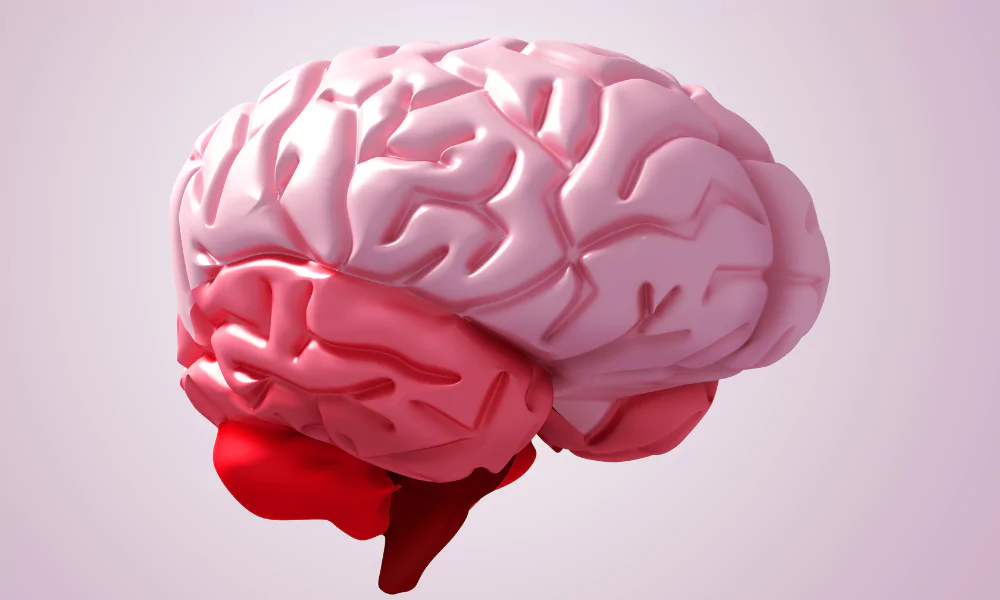In a groundbreaking development, researchers at Columbia University in New York have unveiled a revolutionary brain-mapping technology that allows scientists to visualize neural activity in real time with unprecedented precision. The technology, which combines advanced optical imaging techniques with machine learning algorithms, could transform the way scientists understand the human brain and neurological diseases.
The new system enables researchers to observe how individual neurons interact within complex brain networks as thoughts, decisions, and reactions occur. Unlike traditional brain scans such as fMRI, which offer relatively low temporal resolution, this method captures the dynamics of brain activity at millisecond-level speeds, making it possible to decode neural processes as they unfold.
Led by Dr. Elizabeth Hillman, a professor of biomedical engineering and radiology, the research team developed a non-invasive method called SCAPE (Swept Confocally-Aligned Planar Excitation) microscopy. Originally created for imaging living organisms, the SCAPE system has now been adapted for neural imaging, allowing scientists to peer deeper into brain tissue and follow fast-paced brain activity.
“This breakthrough could not only advance our basic understanding of cognition, memory, and perception,” said Dr. Hillman, “but also pave the way for more effective treatments for conditions like Alzheimer’s, epilepsy, and depression.”
The implications of this technology reach far beyond the laboratory. Real-time brain mapping could lead to better brain-computer interfaces, more accurate diagnostics, and novel treatments that target dysfunctional brain circuits directly. It also raises ethical questions about privacy, consciousness, and the potential to read or influence thoughts.
As the technology progresses, the Columbia team is working with clinicians to explore its applications in medical diagnostics and therapy. With continued support and development, New York may soon become the epicenter of a new scientific revolution in neuroscience.


